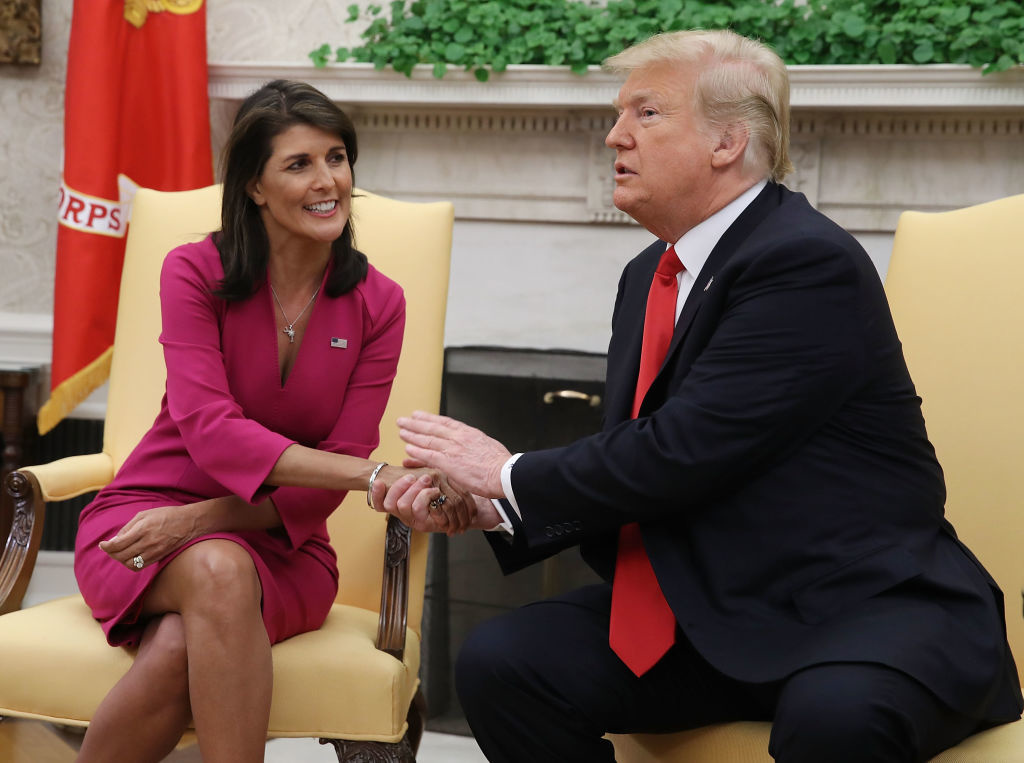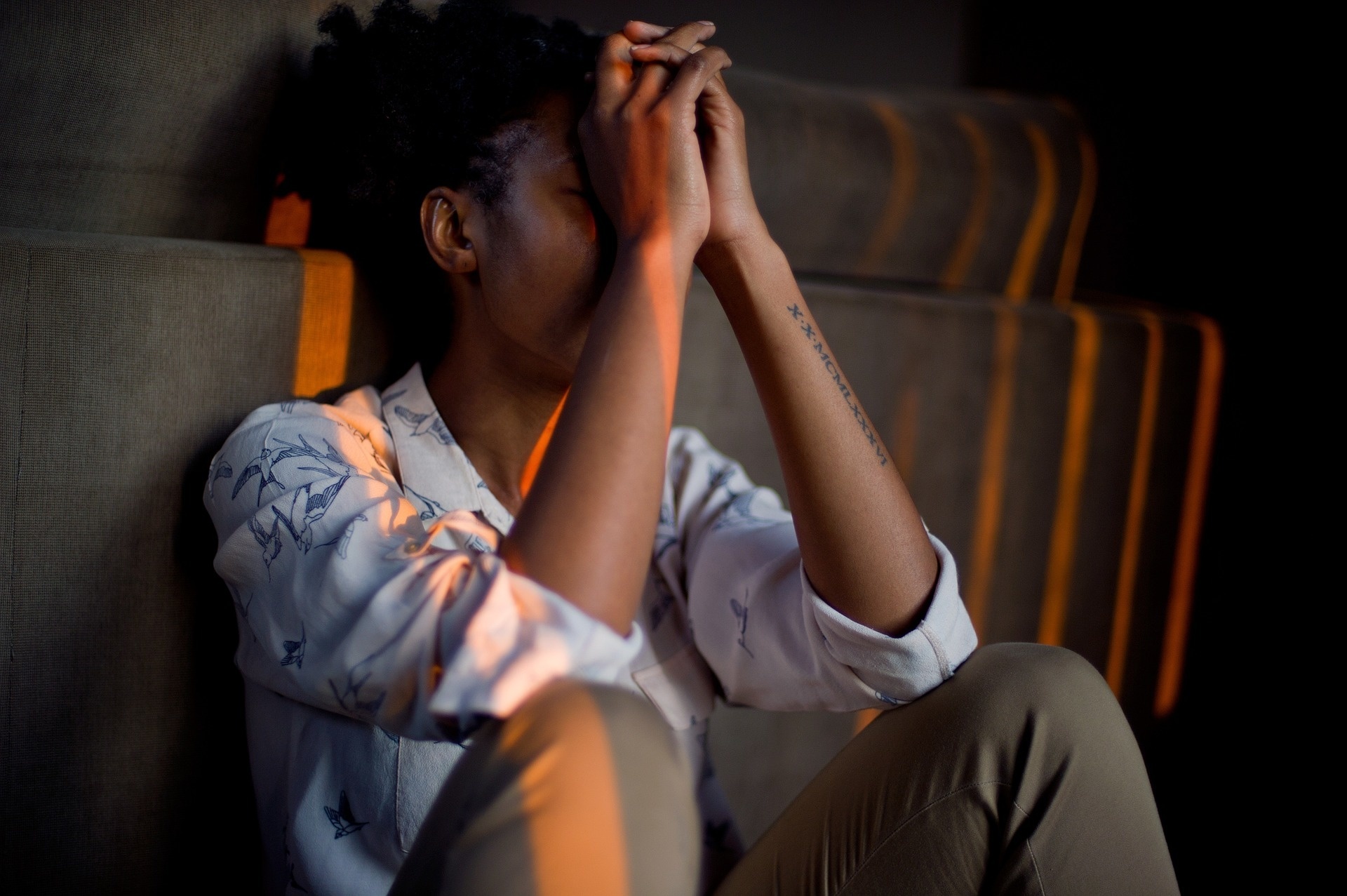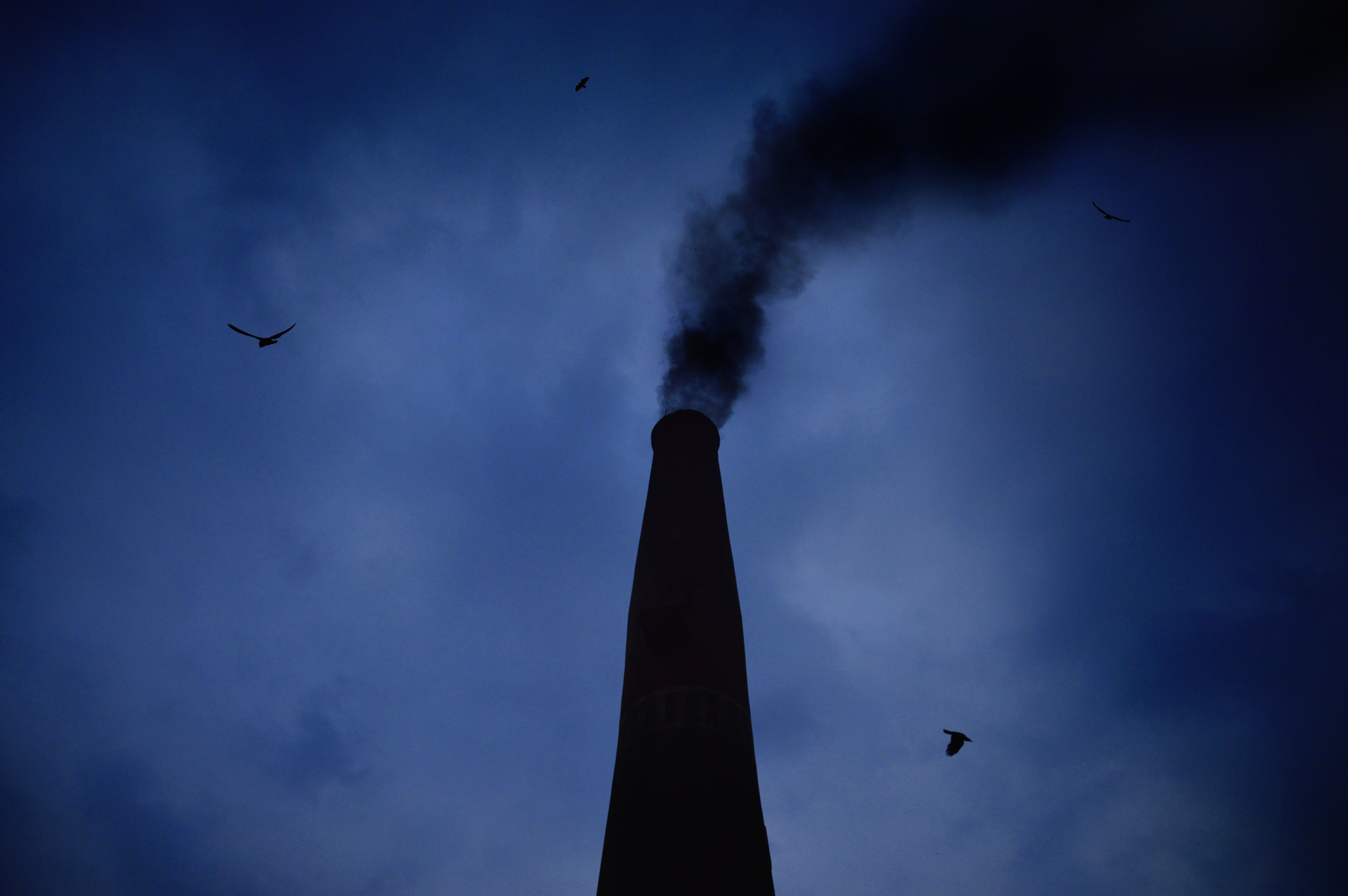united nations
A conspiracy theory that 90 percent of the world’s population will be killed off spreads widely on pandemic fears.
Haley, who’s at times been both a supporter and critic of the president, reportedly “shocked” White House officials by announcing the end of her two-year tenure as a U.N. ambassador.
New research published in Proceedings of the National Academy of Sciences used survey data from 2 million Americans to examine the links between climate change and mental health issues.
Most of us will still be alive then. Maybe.
Economist Jeffrey Sachs discusses how the megarich can help millions of children by donating 1 percent of their wealth.
▸
7 min
—
with
Ban Ki-moon recently criticized the state of the U.S. healthcare system as part of his work with The Elders, an international organization founded by Nelson Mandela.





